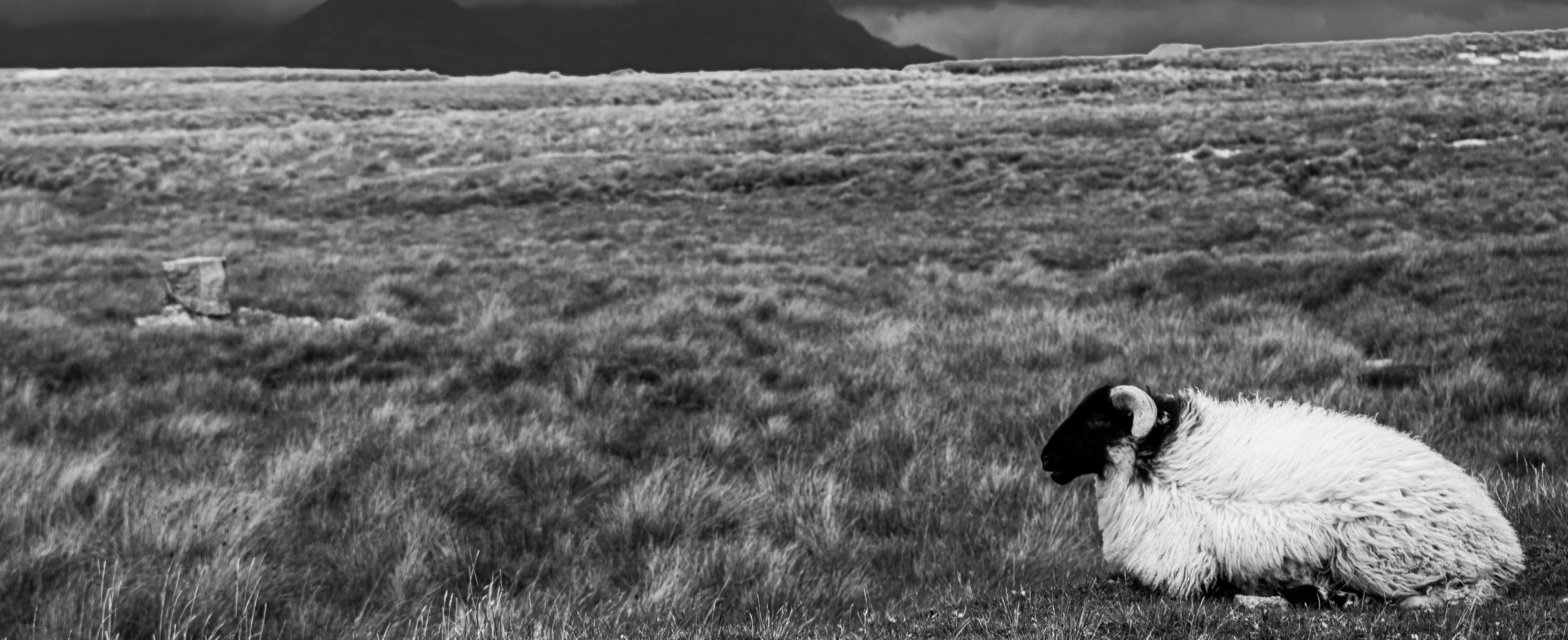Abstract
Honeybees are an important model species for understanding animal vision as free-flying individuals can be easily trained by researchers to collect nutrition from novel visual stimuli and thus learn visual tasks. A leading question in animal vision is whether it is possible to perceive all information within a scene, or if only elemental cues are perceived driven by the visual system and supporting neural mechanisms. In human vision we often process the global content of a scene, and prefer such information to local elemental features. Here we discuss recent evidence from studies on honeybees which demonstrate a preference for global information. We explore insights from imaging studies suggesting why a global preference may be important for foraging in natural environments where a holistic representation of elemental factors is advantageous. Thus we aim to provide a brief new insight into how animal vision may perceive the complex world in which we must all operate and suggest further ways to test this.
Keywords: Vision, local-global, Gestalt, Holistic, Flower, Wurmbea, Photography
How to Cite:
Dyer, A. G., Howard, S. R. & Garcia, J. E., (2016) “Through the Eyes of a Bee: Seeing the World as a Whole”, Animal Studies Journal 5(1), 97-109.
Downloads:
Download PDF
308 Views
1446 Downloads

